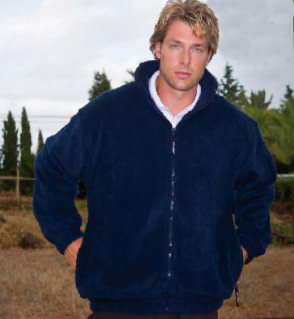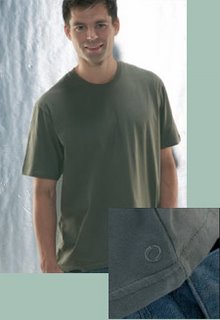Ethical brands - getting the word out, or keeping things close to the chest?
We've been contacted by a UK University student union anxious to make sure that their student societies are armed with the information they need to make ethical choices on tshirt printing and other promotional clothing.
They already read the ethical profiles in our blog and find them useful in the decision making process, with different societies having differing needs. However they've made us aware that some of the unanswered questions that we raise leave them a little nervous about certain suppliers and they have even done a little investigating themselves to try and get to answers.
In the case of Fruit of the Loom, they contacted the company to ask about getting a copy of their Ethical Policy and were told that they don't hand it out to customers. With Fruit of the Loom exercising their right to silence, and the unanswered question against them in our original article further investigation was thought appropriate. What has become clear is that their new giant production plant (based at Skhirat, Morocco) is still under construction. When it is complete the facility (producing fabric from raw cotton) should be the biggest of its kind in Africa. The issue for the University Union is whether the company can now be trusted to be ethical or not.
To recap, Fruit of the Loom got bad publicity because of its dismissal of union officials in Morocco in 2000/2001. That was before the company was taken over by Berkshire Hathaway. Since then there has been apparently no similar bad publicity connected with its operations. The vertically integrated company means that Fruit of the Loom should be able to keep control over working conditions all along the supply chain - with the exception of the raw cotton production which is out of their hands.
Even if Fruit of the Loom keep their cards close to their chest, one thing we thought one could expect from a Berkshire Hathaway company would be close adherence to the laws of the countries in which they operate and their own "Code of Business Conduct and Ethics". An issue in 2001 was that local government was strongly anti union and may have permitted Fruit of the Loom to act in contravention of Moroccan law and their requirement to comply with International Labour Conventions that it had ratified.
The new plant is in a different location, and Fruit of the Loom should be expected to act to different standards now. Even if we are not sure explicitly what those standards are, the lack of bad publicity is good news. At the same time, unions in Morocco are actively pressurising the government to enforce a new labour code put in place in 2005 - however, it seems from this article from 2007, local governments are often flouting the code. But at least there is a new code and the signs are (although I can't be sure) that the 2000/2001 issues would not have arisen under this new code.
One has to contrast the lack of communication of Fruit of the Loom with the relative openness of Gildan. Both these vertically integrated compies have had union problems in overseas countries in the past. However Gildan have worked quite publicly with outside groups to move on. Under the skin there may be little difference in how individual employees are treated, but we just don't know.
Labels: ethical brand profile














